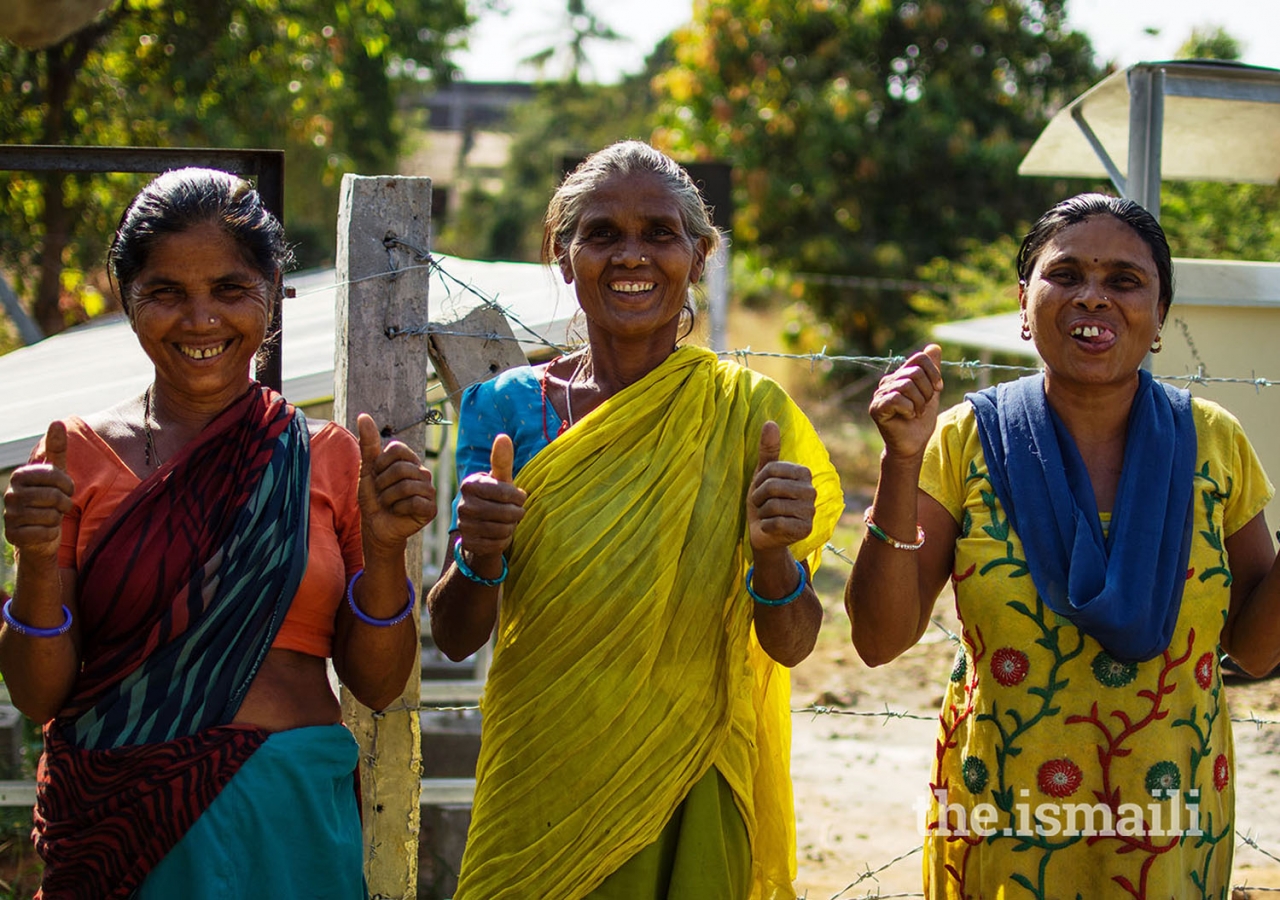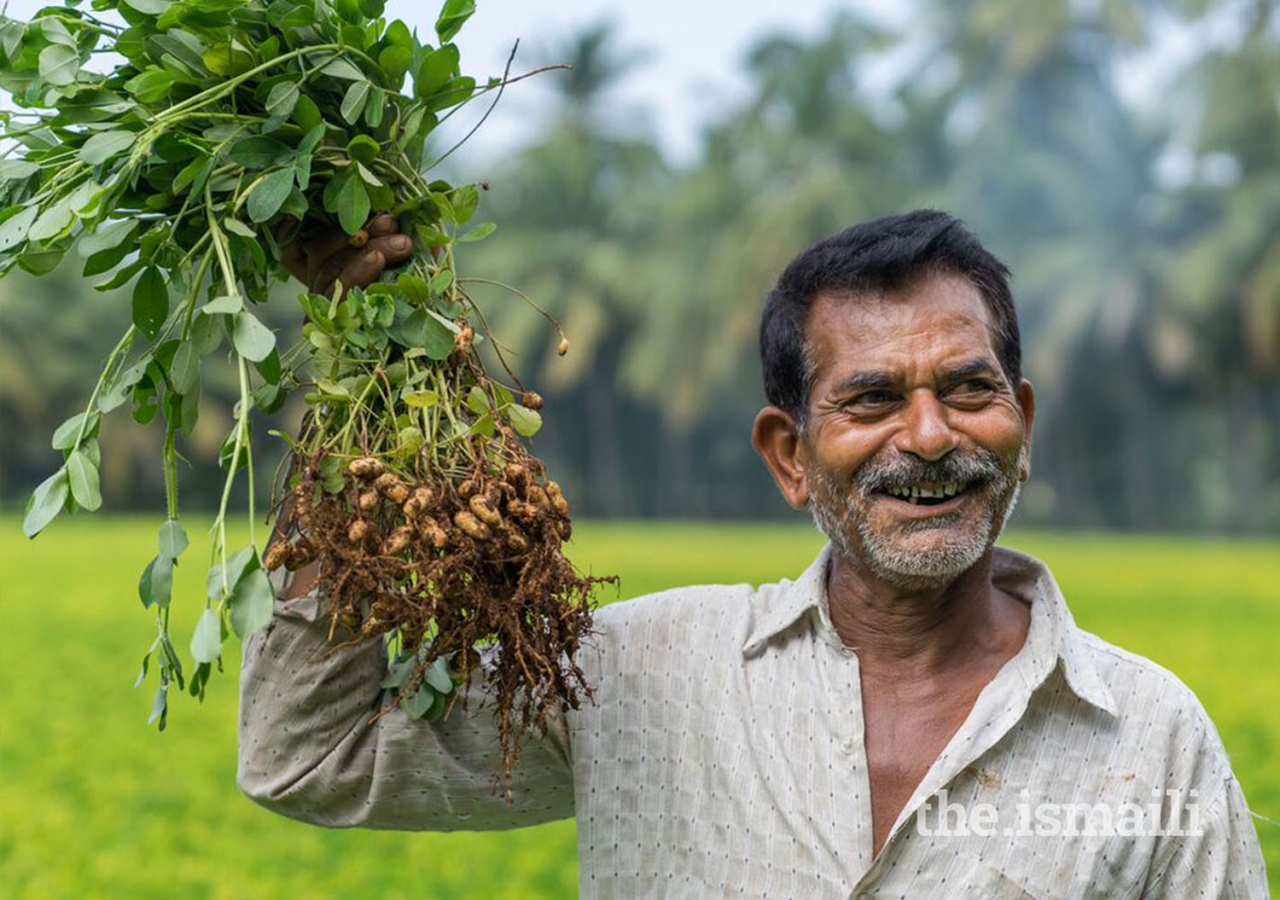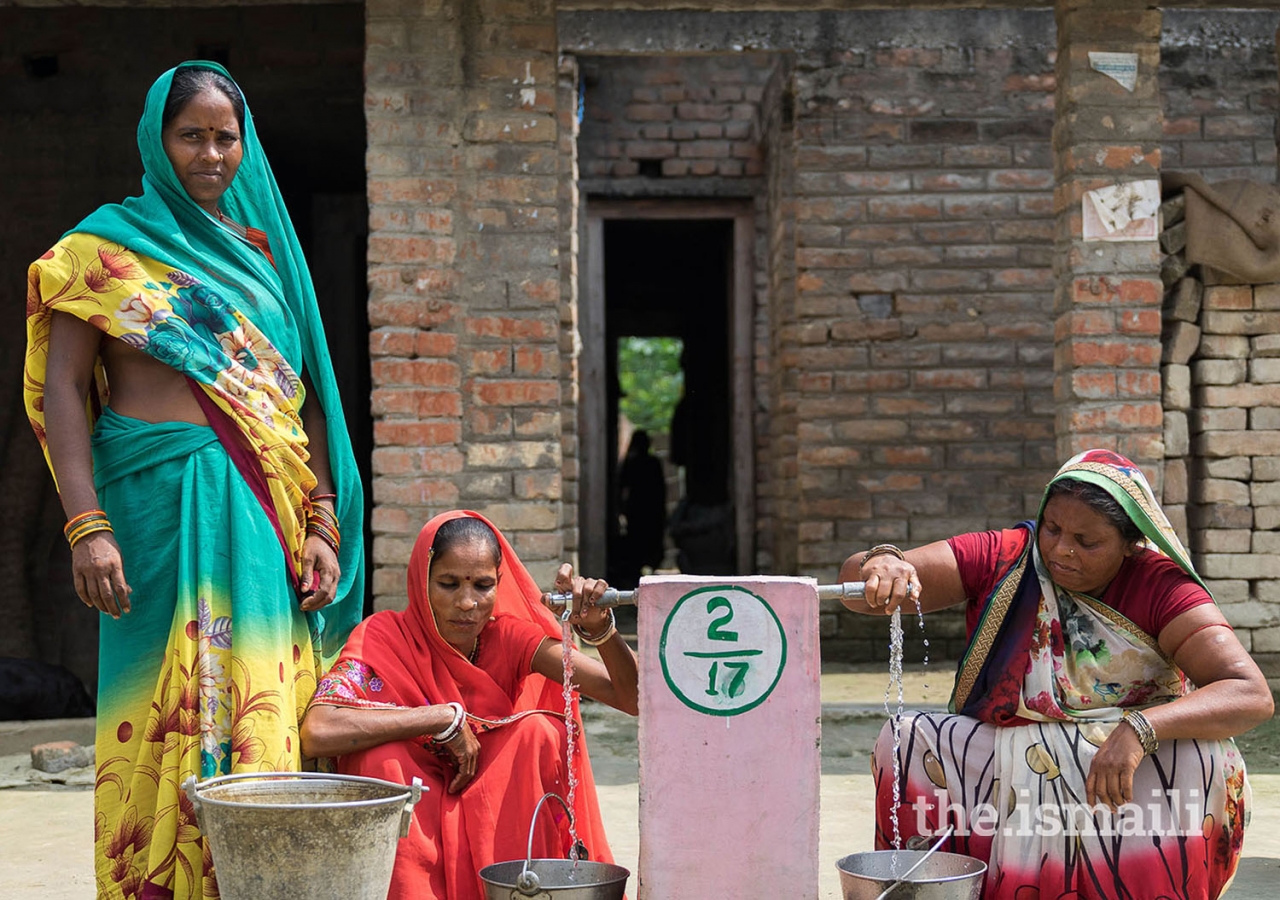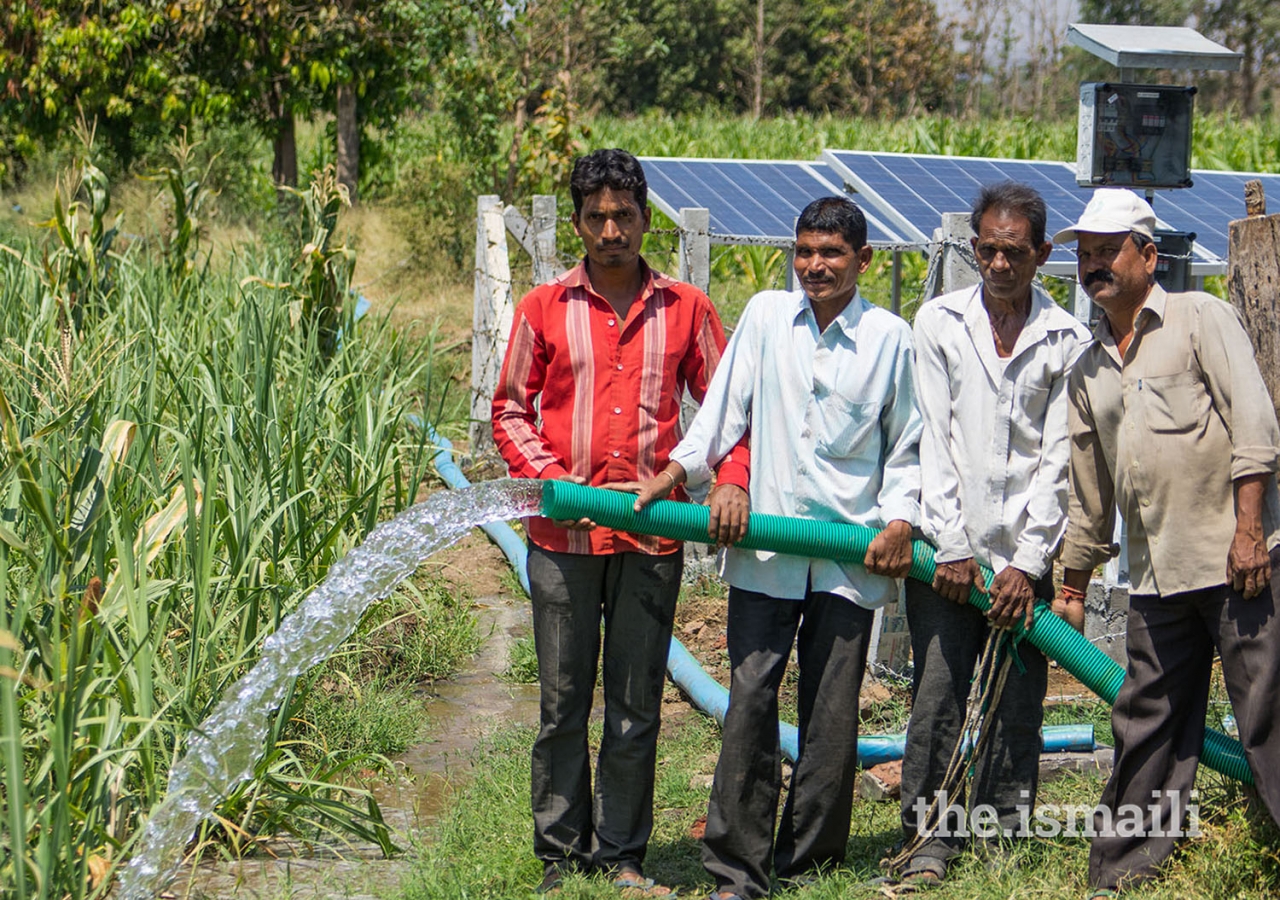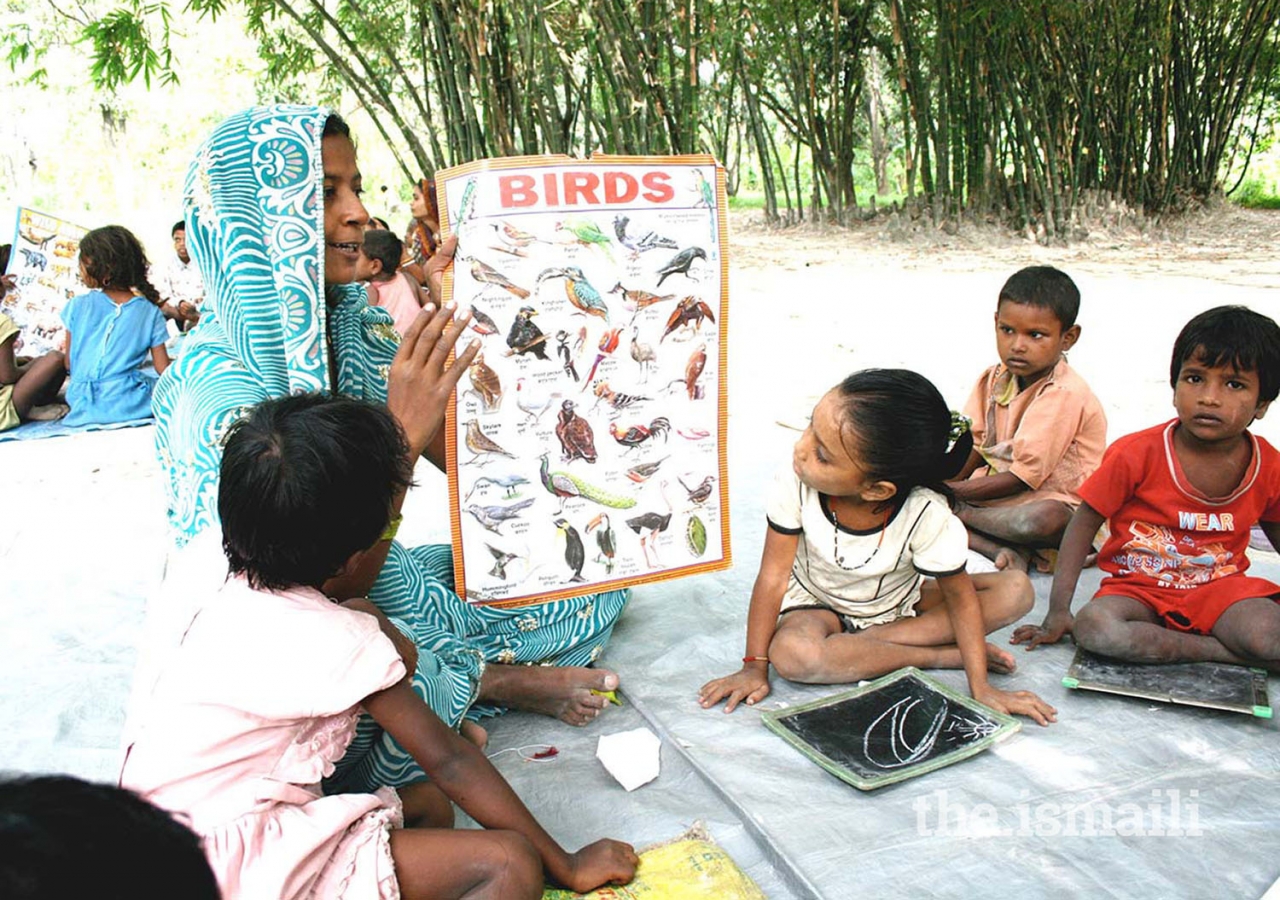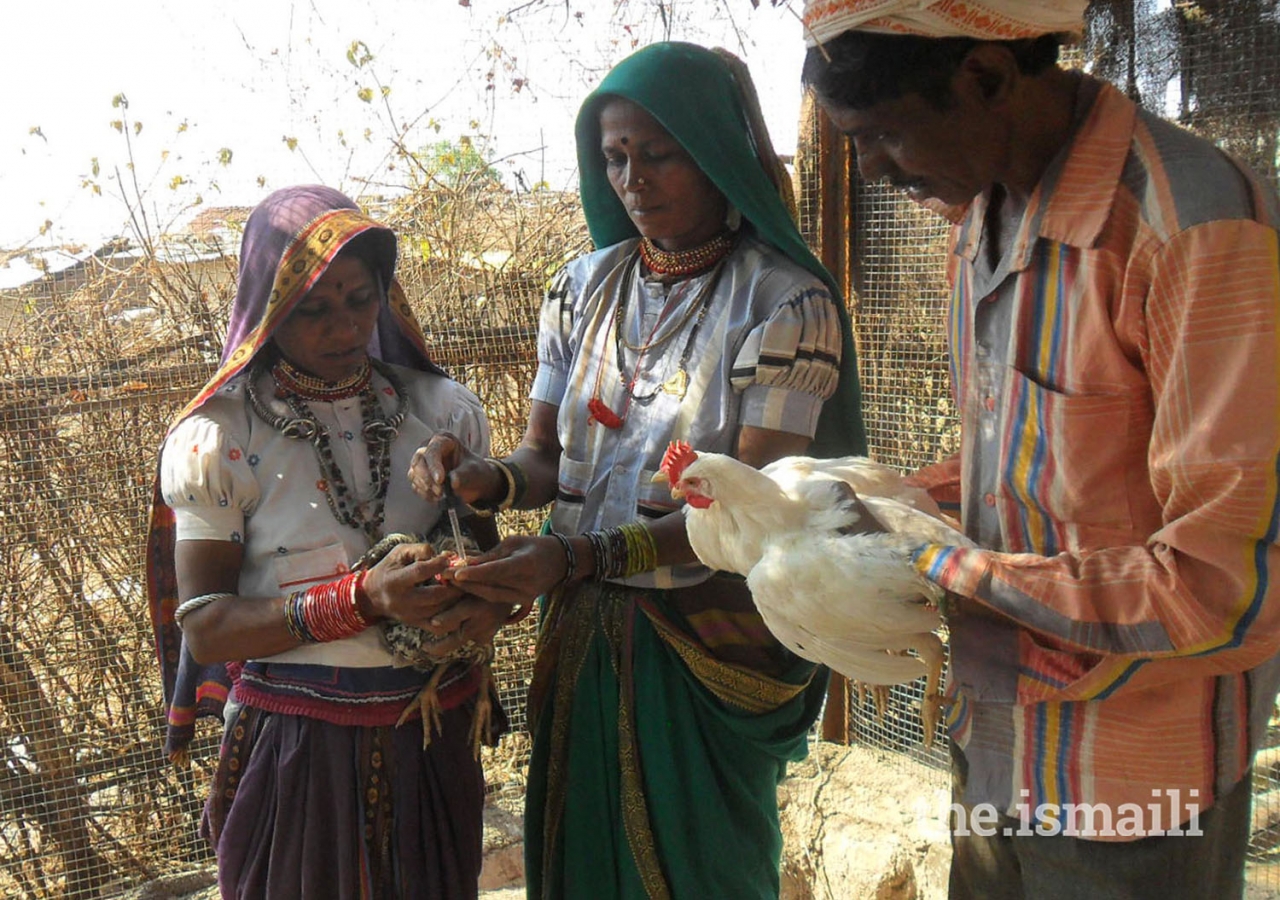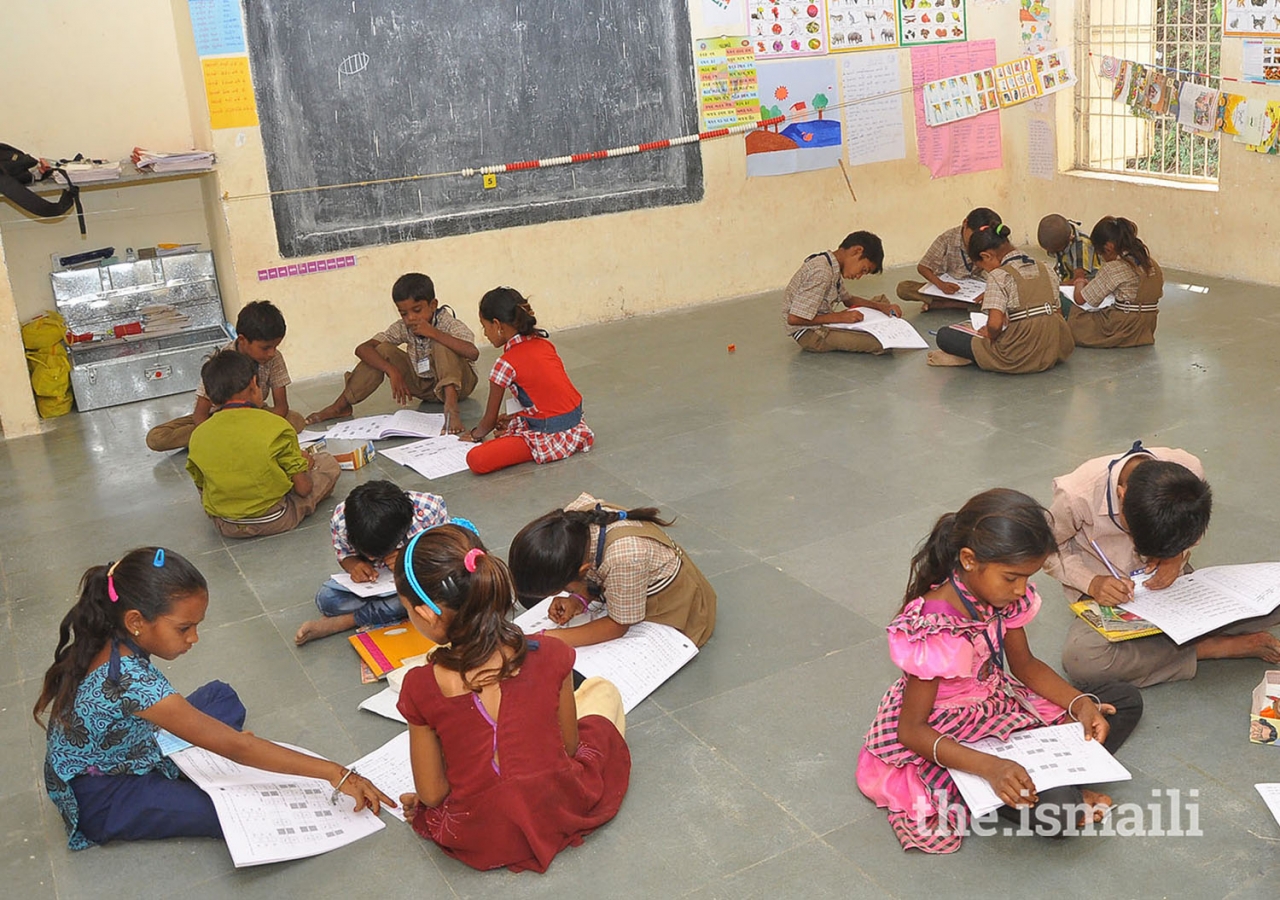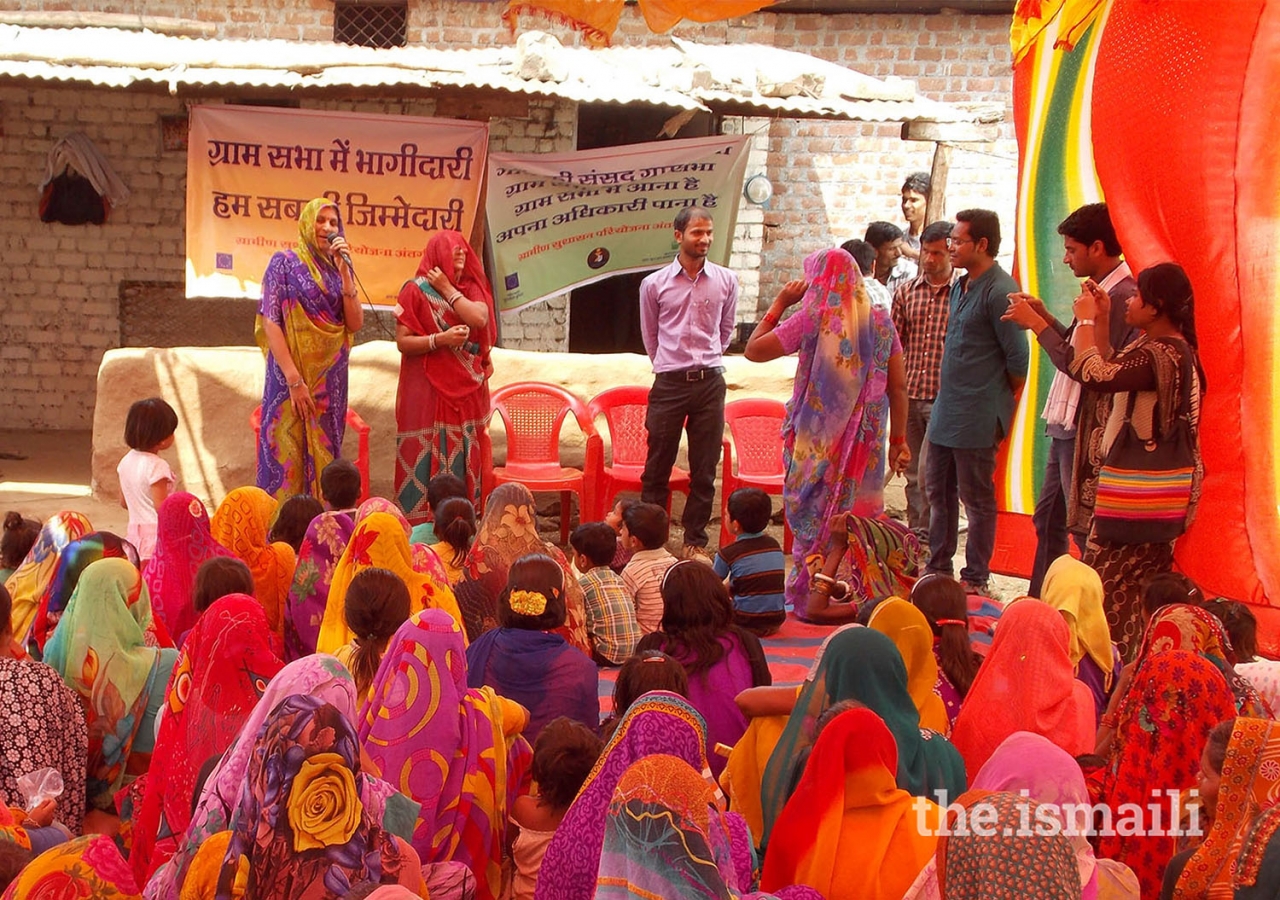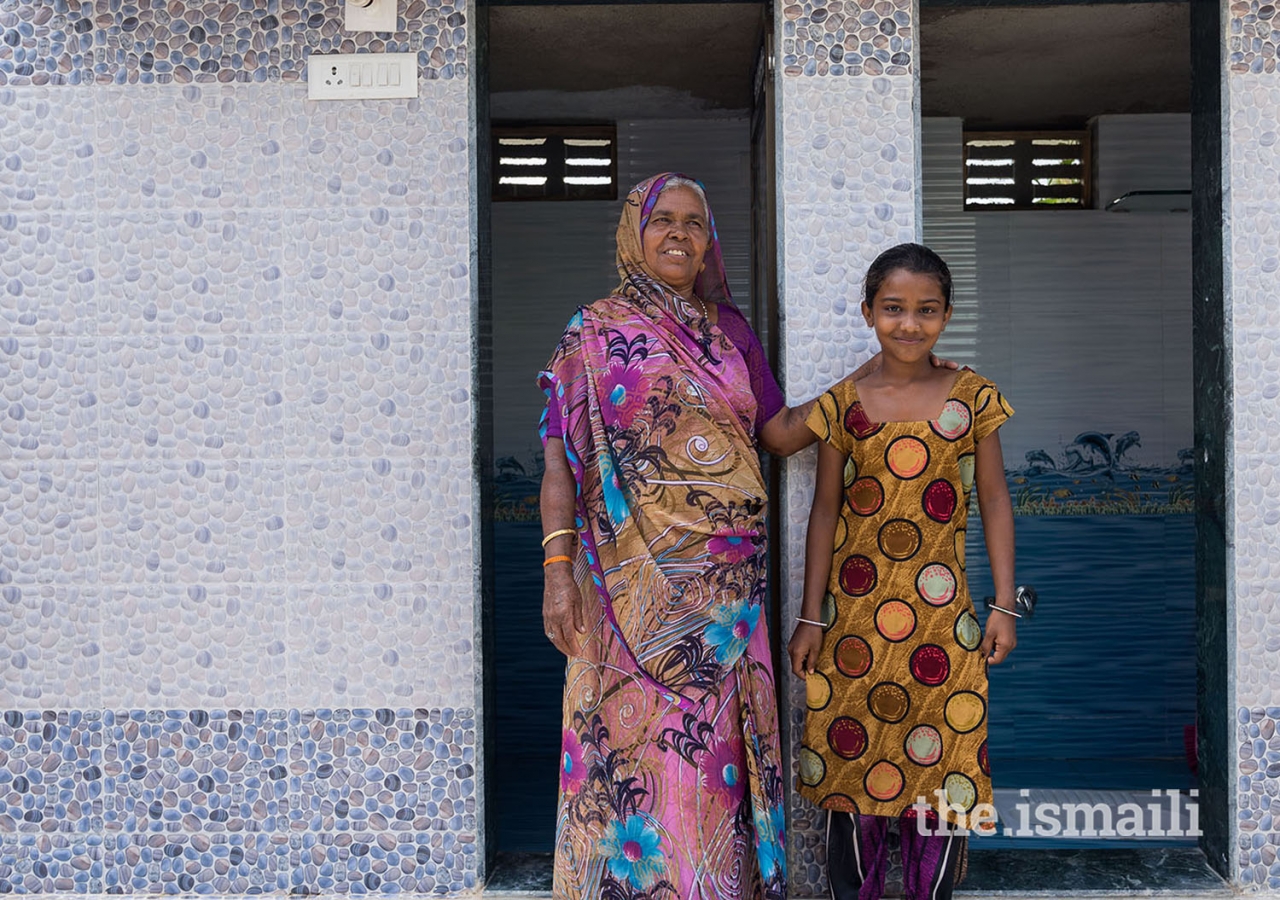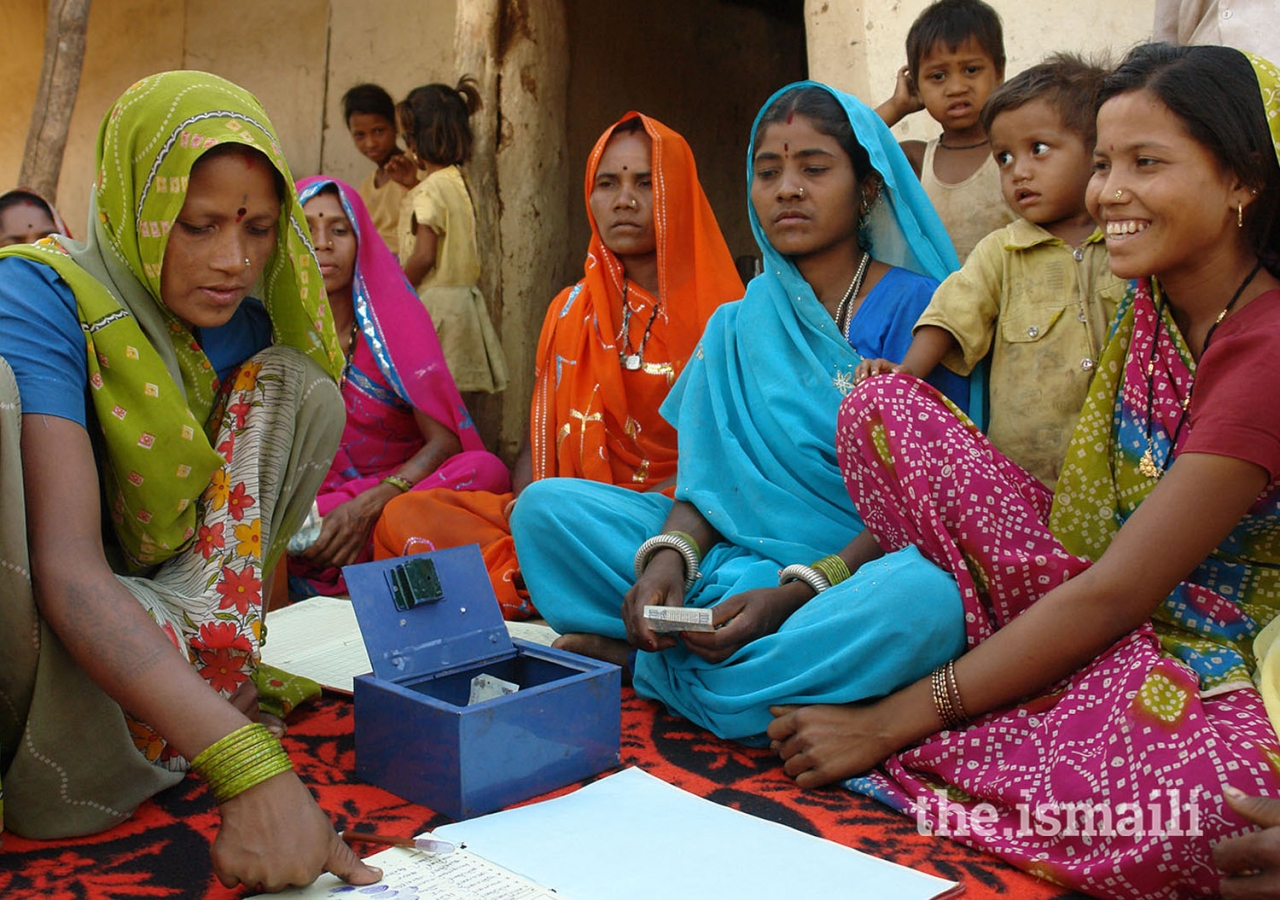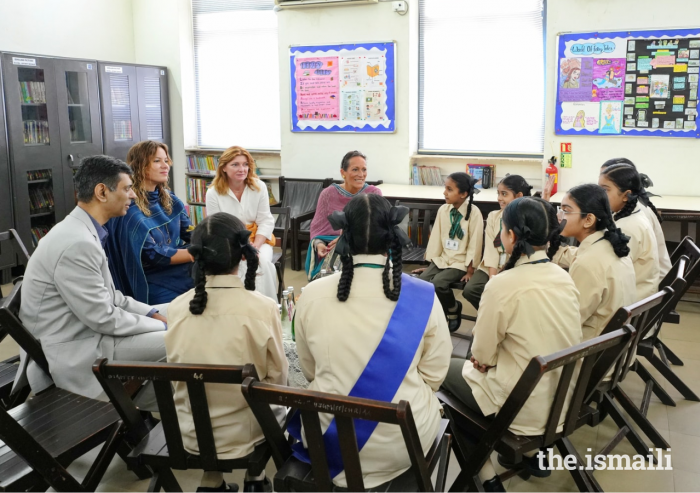Q: Why do you feel it is an important time to reflect on the Aga Khan Rural Support Programme?
The Aga Khan Rural Support Programme, India (AKRSP,I) is an initiative that emanated from His Highness the Aga Khan’s Silver Jubilee. I joined in 1988, and have been part of the journey of this organisation as it expanded and diversified its work in a changing India. We are in the midst of the Diamond Jubilee now, and this is a good time to reflect over these years. While there is a sense of pride at what has been achieved, we also need to ask ourselves: have we fulfilled the vision articulated by His Highness when he formed AKRSP? Are we heading in the right direction? And what lies ahead?
Q: What have been some of our key achievements over the years?
The first is a sense of belonging to an ever-expanding family. AKDN worldwide has expanded to so many new countries in Asia, Europe, and Africa. Even within India, we now have a very successful Development Cooperative Bank, a brand new Aga Khan Academy in Hyderabad, an innovative approach to preserving heritage pioneered by the Aga Khan Trust for Culture, major plans for reinventing Prince Aly Khan Hospital, and a growing footprint into urban development by the Aga Khan Foundation, India.
The second is a sense of satisfaction at having impacted millions of lives in rural India, through our work in over 2,000 villages. The fact that many of our approaches and innovations have been adapted by the government and other organisations, ensures that the methods are replicable and scalable. AKRSPI has reduced its dependence on international funds and navigated its way successfully in the new world of corporate social responsibility. Our work has improved the quality of life and given voice to some of the most vulnerable communities in India: marginalised castes and tribes, minorities, and women. Over time, we have moved from being a livelihood-focused organisation to one which has exciting interventions in primary education, renewable energy, water and sanitation, and youth skilling and enterprise.
Q: His Highness has often spoken about the importance of civil society in development. Can you elaborate?
It is the sense that by being what we are, and doing what we do, we add to a vibrant civil society in India, which is engaged in promoting pluralism and inclusiveness. While the growth story of India is often described in terms of its huge private sector growth and the reforms in the government, India is home to more than a million organisations of all sizes and approaches that ensure the poor and the excluded have a voice.
As His Highness said during his address to the Canadian Parliament in February 2014, “There is sometimes a tendency in the search for progress to focus exclusively on politics and government, or on the private, for-profit making sector. And surely, they both have roles to play. But my view is that the world needs to pay more attention — much, much more attention — to the potential role of civil society.”
Q: What are some of the challenges which lie ahead and which you will need to address?
Over the last few years, I have visited many jamatkhanas in Gujarat, and have interacted with the Jamat there. And the discussions show that, like all Indians, the Jamat is also in the midst of coping with rapid change: economic, social, and environmental.
How do we address the aspirations of the youth, especially young girls? How do farmers take advantage of technology to earn more, and yet sustain their natural environment? How do we deal with the inexorable pace of urbanisation without losing our roots and sense of community? How do we find our voice in a world which is in such a hurry that it has little time to address the special needs and worries of its marginalised communities and the civil society organisations which work for them? And how do we cope with climate change, and the impact it has on livelihoods and the frequency of disasters?
Q: How do we address these?
As we celebrate the Diamond Jubilee, we need to think about and plan for these challenges which lie ahead. We have built a solid foundation based on persistence and a community-centric approach. Now is the time to take some of these ideas to scale, through partnerships and the use of technology.
Q: What personal message would you like to give the Jamat?
Over these decades, as I have interacted with the Jamat, what has struck me most is the high degree of volunteerism. Of the many communities I know in India, the Ismaili community is one that places the highest importance on volunteerism. Starting at childhood, and continuing after retirement, the Ismaili community offers a good example — in an increasingly materialistic and individualistic world — the value of supporting and caring for the community, and the larger society, as a core principle.
Hence, I am sure the community will not only celebrate the Diamond Jubilee, but also use it to meet the challenges lying ahead.

